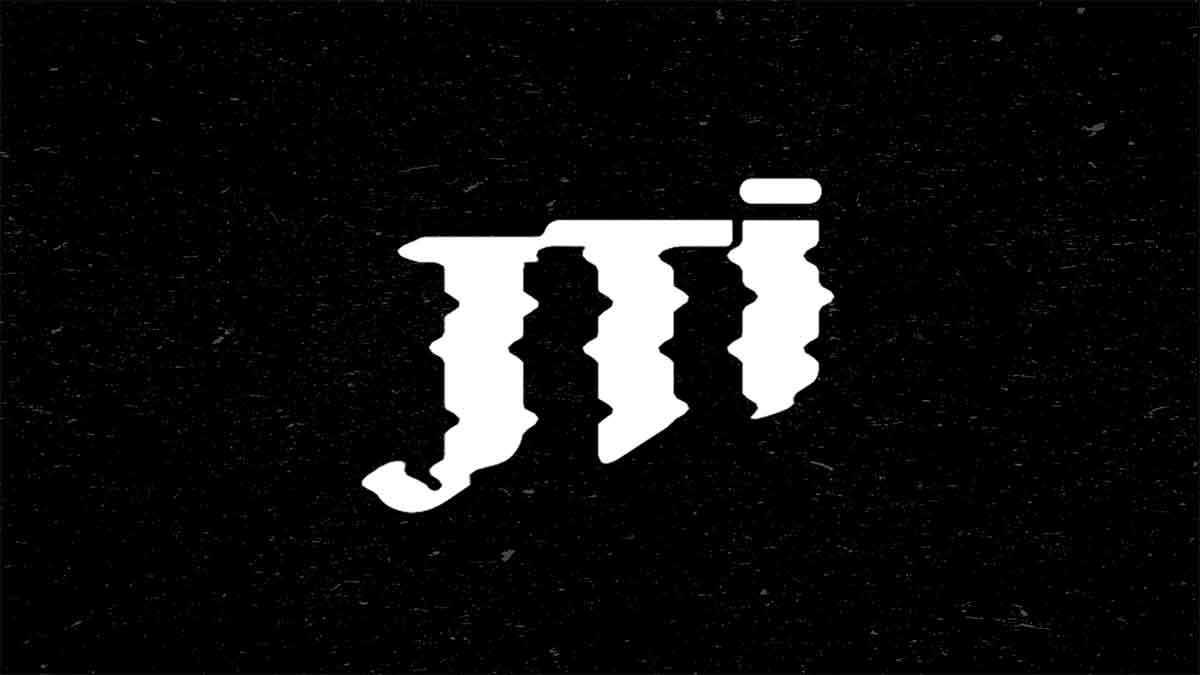- Resources
- News
-
-
Get Email Updates
Sign up for STOP's emails and never miss an update on our latest work and the tobacco industry's activity.
-
Get Funding
Ready to tackle industry interference? You could be eligible for a grant.
-
Share a Tip
Do you have information on tobacco industry misconduct in your country? Let us know.
-
Get Email Updates
Business of Tobacco
January 20, 2022

History shows us that what tobacco companies say is often very different from what they actually do. They work hard to try to convince the public and governments that they’re changing for the better. But monitoring and analysis of their business practices shows Big Tobacco appears to be willing to sacrifice human health for profits—no matter what it says.
To kick off a new year in the fight against Big Tobacco, experts from the partners in STOP share predictions for what we’ll hear from tobacco companies in 2022, and what they’ll actually do.
What they’ll say: “We’re solving the smoking epidemic with our new electronic products.”
What they’ll likely do: Continue selling cigarettes while also targeting young people with new addictive products.
Instead of supporting tobacco control policies that help reduce smoking, Big Tobacco’s proposed solution to the smoking epidemic appears to be switching its customers to its new (and profitable) products. But e-cigarettes are also ending up in the hands of young people around the world, and it’s not a coincidence.
“The tobacco industry is using social media, event sponsorship and flavors to deliberately attract young people, particularly in low- and middle-income countries,” says Gan Quan, Director of Tobacco Control at The Union. Young people risk becoming addicted to these products, and even increase their likelihood of taking up cigarettes in the future. “There is an increasing body of evidence that youth who use e-cigarettes, who have never smoked, increase their chance of smoking traditional cigarettes later in life by two to four fold,” he adds. If Big Tobacco continues making cigarettes at its current rate, tobacco companies will produce and sell hundreds of billions of cigarettes in 2022 alone.
What they’ll say: “We’re in the business of health.”
What they’ll likely do: Continue acquiring health-focused companies while profiting from tobacco-related disease.
In 2021, we saw Philip Morris International (PMI), the largest transnational tobacco company in the world, acquire a medical inhaler company, Vectura, that makes products used to treat tobacco-related illnesses. “PMI is now able to profit twice from the tobacco epidemic: Once when a customer buys its cigarettes, and then again when they buy a Vectura inhaler to treat an illness which may be caused or worsened by smoking, such as asthma,” says Jorge Alday, Director at Vital Strategies. Unless these acquisitions are prevented, more tobacco companies may use their dirty money to buy their way into the healthcare space in 2022.
This is a major risk, as it allows tobacco companies to publicly advertise that they’re in the business of health, despite selling products that kill 8 million people every year. “It’s an attempt to buy credibility through so-called corporate social responsibility and distract attention from the colossal harm of their products,” says Tom Hird, Research Fellow at the Tobacco Control Research Group at the University of Bath. “When tobacco companies portray themselves as contributing to health, they could regain the trust of the public and get opportunities to work with governments, the way PMI has in securing a partnership with the Canadian government on the COVID vaccine it’s helping to fund.”

When we examine child labor in tobacco, the road always leads back to the industry and its maneuvers to pay a pittance to farmers and workers.
Mary Assunta, GGTC
What they’ll say: “We’re a good ESG (environmental, social and governance) investment.”
What they’ll likely do: Potentially cause significant destruction to human health and the environment and engage in unethical business practices.
Socially responsible investing, where investors consider the environmental and social impact of a company before deciding whether to invest, will continue to gain popularity in 2022. Often, investors look to ESG ratings to determine whether a company fits their criteria. Tobacco companies have taken notice and are working hard to portray themselves as sustainable and an overall benefit to society. Yet they continue to produce cigarettes, which causes the destruction of approximately 600 million trees every year, perpetuates child labor, causes significant health and economic harms on societies and can even entrench bad governance.
In 2022, investors need to know that, behind any seemingly positive ESG rating, the tobacco industry’s actions negatively impact all three ESG areas. According to Ambika Narain, Research Associate at the Global Center for Good Governance in Tobacco Control (GGTC), “Pension plans in Sweden have divested from the tobacco industry. We must urge other governments and private companies to divest from the tobacco industry, as well, as recommended in the Framework Convention on Tobacco Control guidelines.”
What they’ll say: “We’re working to end child labor.”
What they’ll likely do: Potentially perpetuate conditions that encourage child labor.
“When we examine child labor in tobacco, the road always leads back to the industry and its maneuvers to pay a pittance to farmers and workers,” said Mary Assunta, Head of Global Research and Advocacy at GGTC, in June 2021—and the same will likely hold true in 2022. Around 1.3 million children are estimated to work in tobacco production.
While tobacco companies will continue to denounce this practice, unless they institute meaningful changes to address any of the root causes of child labor, such as keeping farmer wages low and offering contracts that can keep them trapped in a debt cycle, child labor in tobacco may continue. “If left unchecked, the industry will continue to create market conditions where this is allowed. They will continue to use front groups and ineffective measures which don’t address the problem,” adds Gan Quan.
That will likely include continued funding for the Eliminating Child Labour in Tobacco-Growing (ECLT) Foundation, a tobacco-industry-funded group whose work has proven to be ineffective; a recent report from the International Labour Organisation and the United Nations Children’s Fund (UNICEF) showed that progress in ending child labor stagnated in 2020.
Sign up for STOP’s newsletter to get updates on Big Tobacco’s activity throughout 2022, and follow us on Twitter, Instagram and Facebook for news updates.


